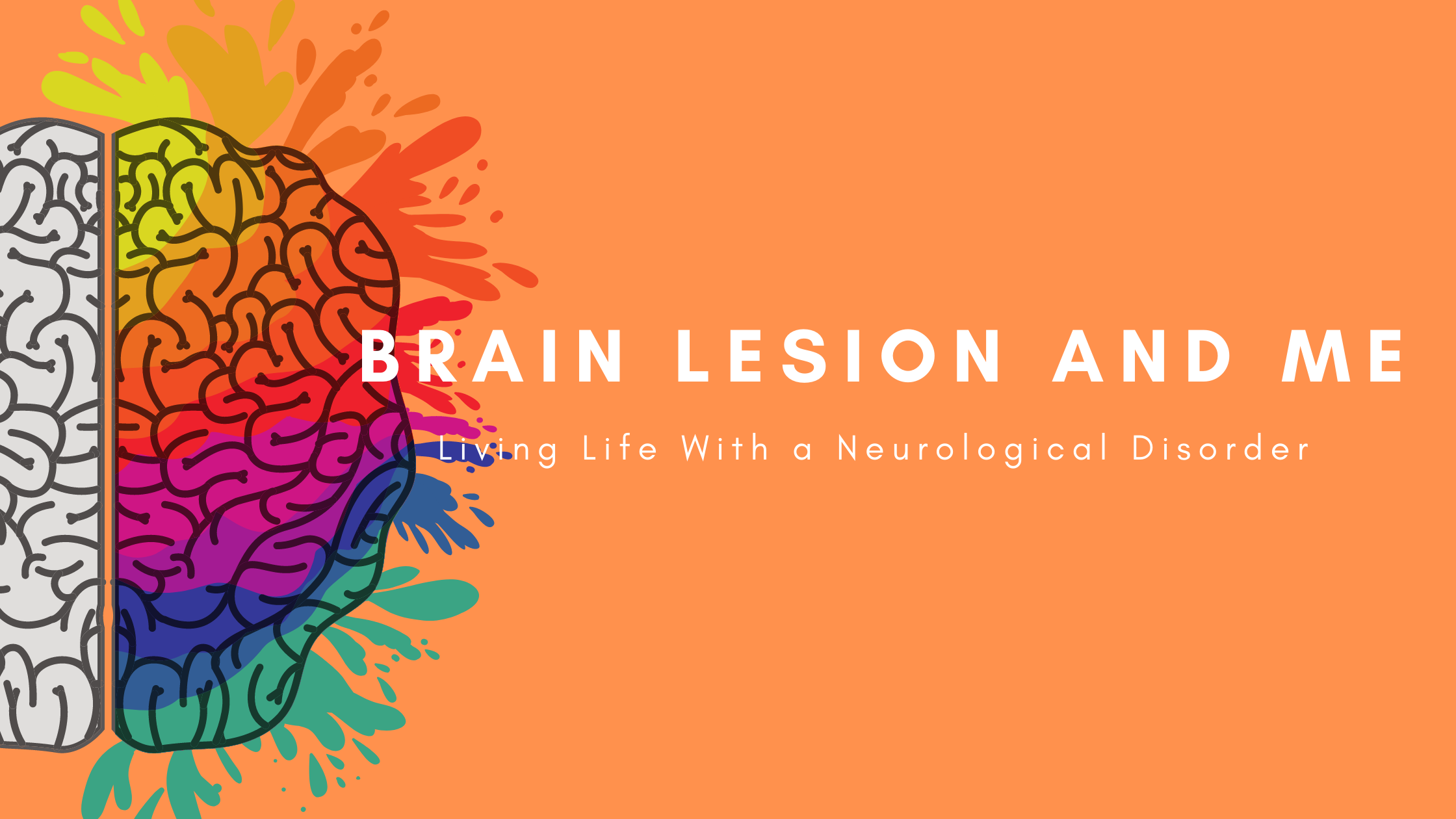NHBPM Day Three: “I don’t know about this but I’d like to…”

This prompt for the National Health Blog Post Month is all about what we would like to know but don’t.
For me, I would like to know more about the spastic paraparesis that plagues my life. I know the basics – it causes severe stiffness and weakness in the legs. But that’s about all I know about the condition, and something which wasn’t even explained to me by the neurologist whom diagnosed it – I had to learn about it from reading a letter he sent to my GP!! There have been some journal articles that I have come across which mentioned the condition in some detail however as it was from a medical journal it was very technical and a lot of medical jargon that I probably couldn’t pronounce let alone understand!!
Not even searching Google or other search engines have shed any more light on the subject; most of what is written concerns hereditary spastic paraparesis or tropical spastic paraparesis, which may be of some use but might not correctly explain the condition as it pertains to my individual circumstance.
It would be of use to know why I have developed the spastic paraparesis and how the condition itself relates to the long-standing brain stem lesion; how these two conditions fit together and causes the symptoms that I experience on a daily basis. In addition it would be of use to know the prognosis; whether it would be something which could deteriorate over time or which should remain stable for the remainder of my life. Signs which I should be looking out for which could forewarn me about possible deterioration – information such as this is vital for someone with a chronic illness; it gives the ability to plan ahead for the future and to make contingency plans if the worst case scenarios were to play out.
And lastly there is the case of the possible treatment options for the condition. From the little information that I have been able to gather regarding spastic paraparesis one of the options is physiotherapy. Unfortunately, after many sessions of physiotherapy with a neurophysiotherapist (a physiotherapist whom specialises in treating patients with neurological conditions) I was discharged as it was apparent that there was no improvement and the physiotherapy was not working. Neither the physiotherapist or my GP offered any alternatives to the physiotherapy and besides the medication that I take to ease the neuropathic pain I experience; therefore knowing alternative and all other treatment offers would be a must!


dean reinke
Try this link in Google Scholar, 11,500 replies.
http://scholar.google.com/scholar?hl=en&q=hereditary+spastic+paraparesis&btnG=&as_sdt=1%2C39&as_sdtp=
rhiannlouise
Thank you for the great tip!
Take care
Rhiann x